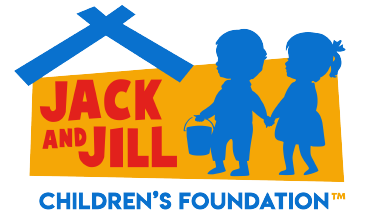Often times, these family representations work. However, where they don’t, the issue is highlighted and discussed at our monthly nurses’ meetings and if further advocacy is required, particularly where a number of families are impacted by the same issue, an advocacy plan is agreed and implemented.
All of our advocacy is evidence and fact based and done with the permissions of the families and nurses involved. We define the issue, the injustice, the impact and the action we require to remedy the situation. We identify the key people within the HSE to talk to and, depending on the issue, we may partner with another charity or provider advocate to make the case.
We first take the quiet advocacy route, direct to the decision makers. However, in some cases, we may need to extend the contact base to the relevant government departments and possibly to the media to encourage more discussion and debate.
Over the years, Jack and Jill has been at the forefront of big advocacy topics ranging from the allocation of discretionary medical cards, to the location of the national children’s hospital and our current call to abolish the In Loco Parentis rule on HSE homecare packages which is preventing parents from leaving the home even though there is a competent, trained nurse there ready, willing and able to take care of their child.
